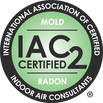Mike's Home Inspector BlogMichael Burfitt |
|
During my elementary school years, I had a routine on school days: the bus arrived at around 8:15am so if I wanted to watch a cartoon before school, I had to get up at 7:30am and for years, since I grew up in the 80s with only a handful of channels, the only kid’s show on TV at that timeslot was Inspector Gadget. For those not aware, the show is about a dimwitted cyborg detective who has hundreds of gadgets installed in his body and somehow, someway manages to always save the day despite his ineptness. Did I mention that the show was partially created right here in Halifax as well? No, I am not a dimwitted inspector, but I couldn’t help but notice the parallels to my own set of tools, many used only for obscure situations. Sadly, mine are not built in but today’s blog post covers some of the more common tools I, and most skilled home inspectors, use on most inspections. Let's take a look at these one by one. Sewer Scope
One of my newer tools, I started offering this service late last year. It is a pretty simple setup, with a camera on a very long cord. However, it is a little more complicated to use, and knowing how to avoid getting it stuck in a sewer system is an area I studied very carefully. Thermal Camera The most expensive but also most valuable piece of equipment. While it does not provide X-ray vision it does provide valuable assistance in seeing things the naked eye cannot, usually related to moisture issues or poor insulation. There is a lot to know about how to use a thermal camera properly and they can actually DECREASE the quality of inspections if used improperly. Moisture Meter That tiny little unit in the middle is used for detecting the % of moisture in a particular substance, most notably drywall and wood. In my experience, a cheap unit like this works just as well as an expensive one and all homeowners should pick one up. They should also buy a... Electrical Tester While not 100% reliable, these plug in units can usually tell if an electrical receptacle is properly polarized and grounded. Lately, I have tended to avoid using this until later in the inspection to confirm what I already know through inspecting the main electrical system. Extendable Magnet Not only great for picking up loose screws that drop, another great use of this is to determine if a metal is ferrous (contains iron) or not. Using this on older pipes can also confirm the presence of lead supply lines, although luckily they are relatively rare in Halifax. Drone I remember my very first inspection having to scramble to see the roof due to the home's very tall design. I did manage to rig something together but put a drone on my wish list. I eventually went and added it to my toolkit and wonder how I ever inspected without it. A great tool to not only see onto tall roofs but also to provide valuable aerial shots and look for big picture issues. The bonus is on quiet days like the day I wrote this I can capture some breathtaking natural beauty in ways we have never seen before. 4" Basketball (!?) You might wonder what the point of this is and if I am planning on taking a sports break during inspection. The answer is in the size: 4". My then 2 year old didn't have much interest in this particular ball but I couldn't help but notice it was exactly 4". In other words, a properly installed railing should have balusters no more than 4" apart. No need to pull out a tape measure when this ball does the trick: if it falls through the balusters are too far apart. Of course it goes without saying that the #1 tool is an inspector's senses, particularly their eyes and brain. All the fancy tools in the world are pointless without the skills and knowledge to know when to use them and more importantly when not to. I am always looking for ways to further advance my goal of providing the best value in town and accordingly recently added another service to our repertoire. After months of training and testing I launched our sewer scope services in October of this year. A Troubling Sight
While driving down a street just off the Halifax Peninsula, I was recently struck by the sight of a home's front yard being torn up due to sewer work. It was a vivid reminder of the pervasive infrastructure challenges we face, as nearby streets showed more patches than actual pavement. Witnessing the consequences of such issues stirred a sense of urgency within me. Reflecting on Past Experiences My memories took me back to my high school days in the 90s when I resided in a neighborhood plagued by constant sewer pipe problems. The notorious Orangeburg sewer pipes were the bane of many homeowners’ existence, and it became a running joke amongst us High Schoolers to predict which lawn would be dug up next. The frequency of these excavations, often occurring during the winter, was a constant source of inconvenience for residents (and made me almost late for school on more than one occasion!). These experiences made me realize that sewer backups don't wait for a convenient time to occur. An Insurance Misconception There is a common misconception that standard home insurance or local utility coverage will take care of sewer failures. However, the reality is that most home insurance policies do not cover such incidents. While it's essential to consult a licensed insurance broker for specific information related to your home, it's crucial to be aware of the limitations of insurance coverage in this regard. Sewer Problems Are Not Restricted to Older Homes Another misconception I've encountered is the belief that only older homes require sewer inspections or have sewer issue. While it's true that newer homes are less likely to have issues, I've learned from fellow home inspectors that even brand-new properties can experience sewer problems. Poor installation practices, such as a sewer line randomly ending before reaching the street, and tree root infiltration are just a couple of examples. For peace of mind, I always recommend a sewer scope, especially if your property falls into any of the following categories:
The Importance of Regular Sewer Inspections Professional home inspectors highly recommend performing sewer scopes both during the initial inspection and at regular intervals. While sewer failures may seem sudden, they often develop slowly over an extended period. By conducting a quick sewer scan, potential issues can be detected early, preventing costly damages and inconveniences. Don't worry about being grossed out by the images below of hairballs or yellow streaks in sewer lines. These are merely harmless anomalies, showcasing the variety of conditions that can be found. The inspiration to launch this service stemmed from a combination of personal experiences and witnessing the repercussions of sewer-related problems. The misconception that insurance will cover sewer failures and the belief that only older homes are at risk needed to be debunked. By highlighting the importance of sewer inspections, I hope to create awareness among homeowners, ensuring they take proactive measures to safeguard their properties. Remember, a little prevention goes a long way in avoiding potential disasters. One of the biggest concerns I see from potential new homeowners is the cost of dealing with sewer problems. While it can be very expensive to repair a sewer line, the biggest concern is having sewage backing up into the home and being unable to use water until repairs are completed. In many cases I recommend getting the main sewer line scoped to check for clogs or damage before a home is purchased.
While it is always a good idea to get a sewer inspection done, I generally tailor my advice based on the individual property being inspected. As a rule of thumb, every home over 20 years old should have the sewer lines checked but it is especially critical to get an inspection done for the following two scenarios: The Property has Large Trees It goes without saying that large trees have large roots, roughly equivalent to the span of the branches. The biggest concern is that roots can pierce and slowly destroy the sewer lines, leading to sewer backup or a sewage leak on the property. The Home is Older, Especially a Home Built in the Mid 70s or Earlier There are several common-sense reasons older homes are more likely to have sewer failures, but the main concern I have is no-corrode piping, otherwise known as Orangeburg. Contrary to the name, these pipes are black, not orange and are named after Orangeburg, New York where they were originally manufactured. They were generally used residentially from the early 1940s to 1974 and are made of compressed wood fibers and tar. Not only are they at the end of the expected 50-year lifespan but this type of pipe tends to collapse and cause complete sewer blockage and is a cheaply made, poor quality material overall. It is never my intention to alarm or scare homeowners or home buyers, but the simple fact is that no-corrode piping needs to be replaced if discovered: if it hasn’t failed already the chances of failure in the coming years is very high and it is a miracle there are still functioning Orangeburg systems in 2021. The only way to determine if you have it is to have the sewer system scoped. This is a service that I am looking to add to our company in the near future but in the meantime, there are several plumbing contractors that can perform a sewer inspection. Here are a few warning signs that it may be time for an inspection:
Finding a problem early before it escalates to a complete blockage or sewer pipe collapse will allow to time to plan a repair on your schedule while avoiding the nightmare that is sewage backup into a home. I have seen the results of sewage going where it shouldn't, and I promise you it isn’t something you ever want to see or smell. |
Archives
July 2024
Categories
All
|
|
Inside Edge Home Inspections Ltd.
Halifax, NS 902-209-9921 [email protected] Proudly Serving the HRM & Central Nova Scotia |
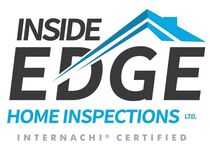
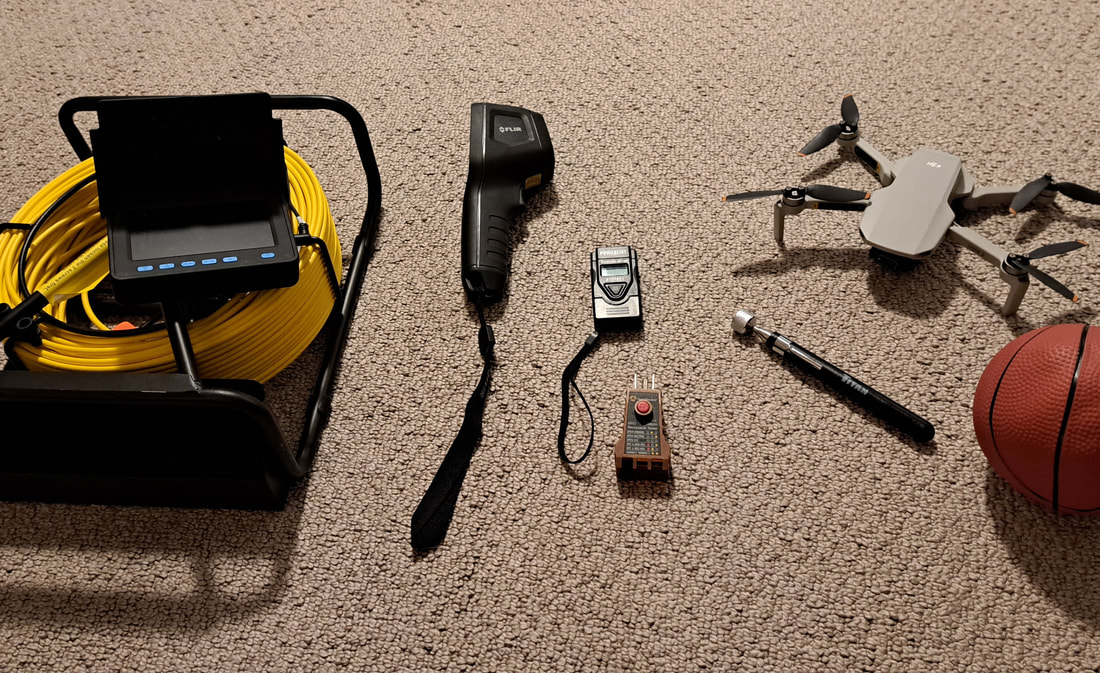

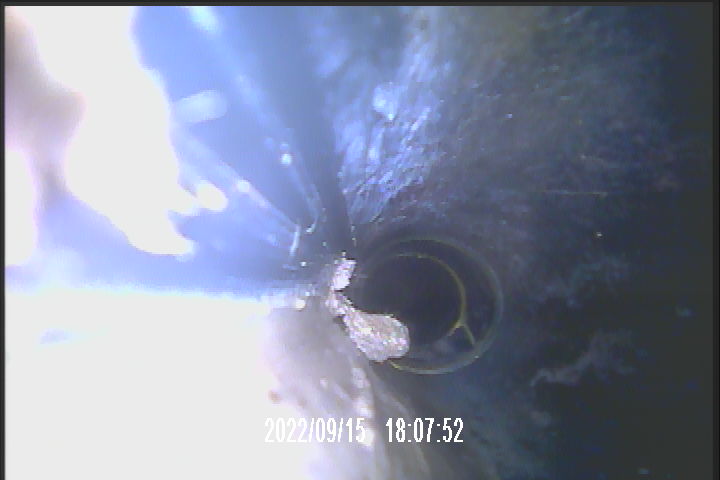
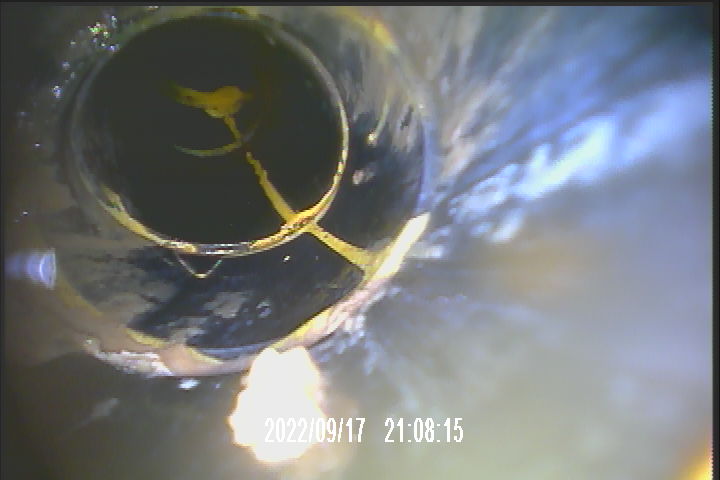
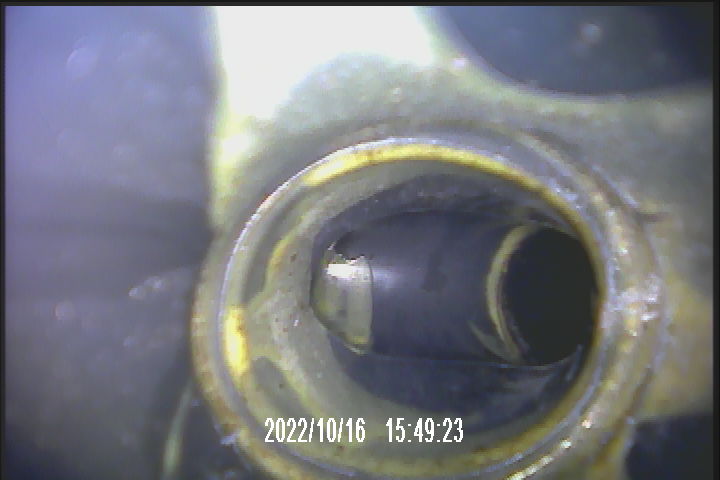
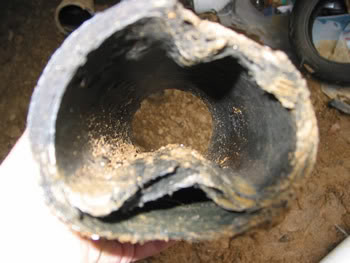
 RSS Feed
RSS Feed

